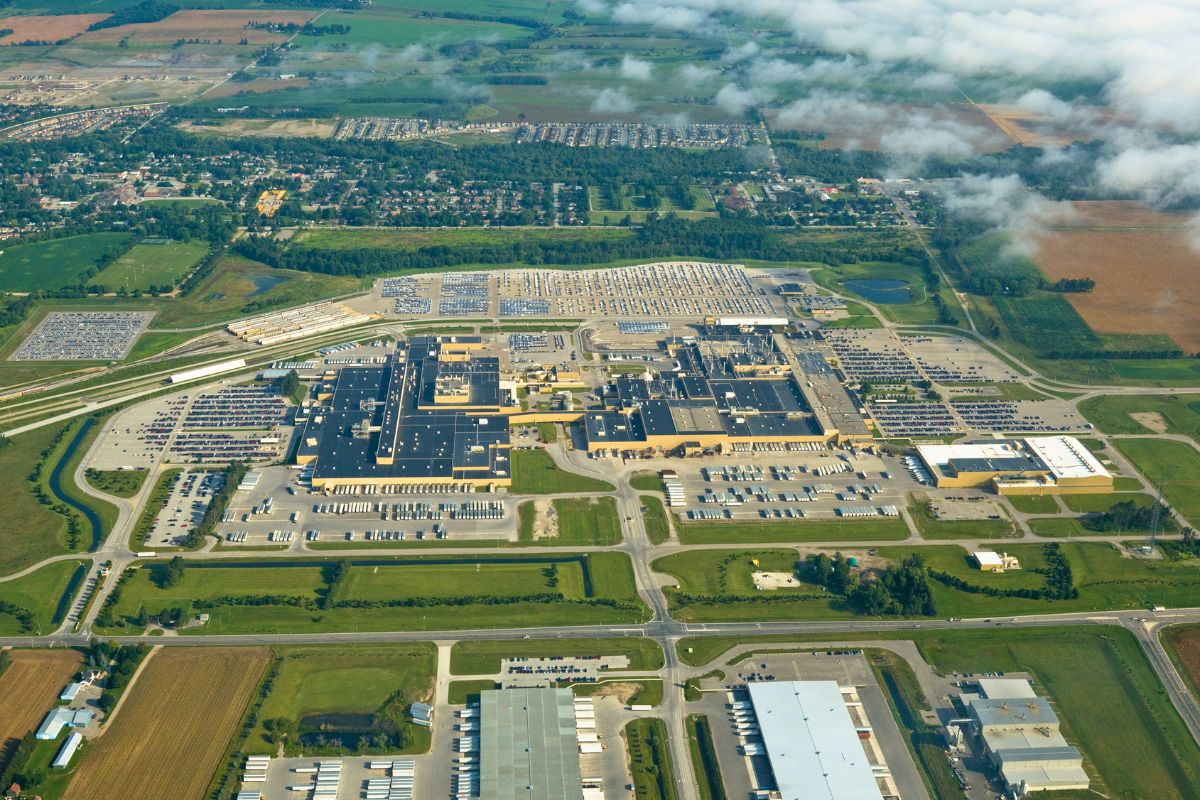There isn’t a one-size-fits-all formula for successful business growth, but I want to share some of the patterns we’ve seen when helping startups navigate hiring for growth in a competitive market.
Key questions for success
Startups that hit their stride tend to grapple with the big questions early on. Here are just some:
-
What’s our mission—what problem are we solving?
-
What is the draw for candidates?
-
How are candidates’ values changing?
-
How can we help employees to be successful?
-
What balance of new and established candidates do we need, and how do we appeal to all of them?
-
How are we perceived externally?
-
How do we upskill and retain staff once we’ve got them?
Letting go: finding the next generation of leaders
Typically, successful tech startups are run by a few influential, multiskilled people who can either do everything or simply have to because there’s nobody else who will. When they find themselves ready to scale up, they can be drawn into thinking they need more people like them.
But for a founder it can be counterproductive to cling to the illusion that there are more out there like you. External hires can hardly be expected to match a founder’s passion, or their ability to fulfil the work of three business functions and forego sleep. The search for this candidate is a blind alley. The key is to strike a balance, finding individuals with a robust skill set and a purpose that aligns with your own. It’s more dangerous to stall in the search for a non-existent candidate than it is to have to spent a little time rounding out an already-competent person.
There’s another danger for founders: not letting go. When it’s your vision or your product, growth can be a period of great change, fraught with emotion.
It’s important not to ignore that. SWOT analyses aside, I’ve had many conversations with leaders about the impact of growth, from discussing fears and doubts to sharing excitement about opportunities.
Hiring people with appetite for growth
So good startups get their leaders right first, and often, they need people who can drive a business, upskill and inspire those around them. But it’s not easy to find people with both the appetite and the ability to do that. Okay, so you can design a product, but in 24 months’ time could you train three people to design it? If you’re aiming for growth, are you hiring the right people for a growing business?
A startup team needs to anticipate what growth looks like: as the growth curve starts to steepen, they may need to make new hires at volume and get those hires up to speed, fast. That means fostering a great relationship between established employees and new hires.
Embedding teams
It also means having a defined intake strategy, such as embedding graduates in teams that can share the load and ensure each new hire is more than adequately coached and supported to develop key competencies. Do this well and you’ve a great chance of producing well-rounded, highly skilled people. The effect is like a cyclist in a peloton: you accelerate someone’s growth by putting them in with the pack.
Accommodating new hires (literally)
Candidates may want to have conversations about where they will work. Some want to work from home, others want to be surrounded by people. The homeworkers may be motivated by working from home but still want to feel part of a peer group. It’s useful to be aware of the environmental factors that affect candidates’ decision-making, and to have a strategy for responding to them, from the outset. That goes for all cultural attraction factors.
Meeting the challenge head on
If you’re growing a business in a VUCA environment, it makes sense that your activities should directly grapple with those challenges. What do any of us need in a competitive market and turbulent times? A driven, engaged team. Perhaps a simple business model and product strategy. (Simplicity is hard to achieve, and as I write this I’m mindful of how well Volta launched with a single product and a laser focus). What else? A clear understanding of purpose is critical. So is the ability to pivot swiftly when you need to.
Few UK-based tech manufacturers have launched and flourished in recent years. I’m proud to say that Gerrell & Hard has been a part of the journey of some of the success stories. I hope we can share the lessons we have learned across many recruitment lifecycles and save more startups and scaleups from some of the big growing pains.
What’s your professional experience of the “VUCA” environment? Feel free to share your thoughts with us on LinkedIn!
What caught our attention this month
Potentially a game-changer in plastic pollution? Researchers at UBC have found that adding natural plant compounds to a layer of wood dust creates a filter that traps virtually all microplastic particles present in water.
Meanwhile, a pioneering wind-powered cargo ship embarked (set sail?) on its maiden voyage earlier this month - with giant sails designed by British company WindWings.
Read our blog
On the subject of wind, our recent blog almost didn’t happen thanks to a severe weather warning from the MET. But despite hair-raising conditions, Simon Davey did manage to get to this year’s Festival Of Speed. It was blowy but showy, and he shares his highlights in our latest blog.
Insights

Gearing up to be greener: sustainable manufacturing in automotive 🌍
As environmental pressures increase and regulations tighten, automotive OEMS are accelerating the shift toward sustainable manufacturing. This holistic strategy isn’t only about producing “greener” vehicles; it’s about cleaner, smarter, more circular production practices.

Global tech power shift: the cities reshaping innovation 🌆
As the global tech landscape evolves, cities outside of established powerhouses like Silicon Valley, London and Berlin are emerging as vibrant centres of innovation and talent.

When a car can be hacked: the evolution of cybersecurity roles in automotive
What does it mean for cybersecurity when a car becomes an extension of the internet?

Subscribe to our LinkedIn Newsletter, TechTalent, for news and opinions from the frontline of tech recruitment.
